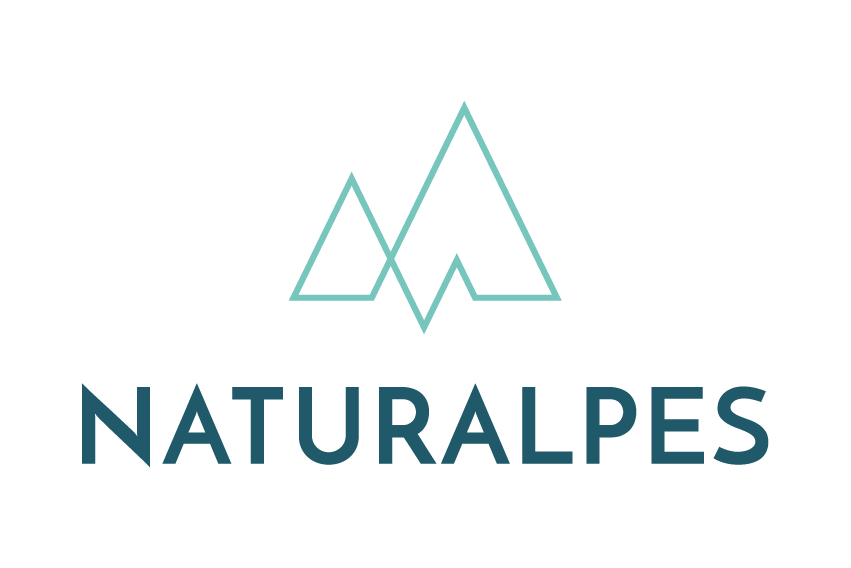From its millennia-old shamanic use on the plains of the Indian subcontinent to its near-systematic demonization in the late twentieth century, cannabis has been a constant topic of discussion and is undeniably an important cultural object. It is therefore relevant to look at the evolution of the legality of CBD cannabis and its legal status. It seems important to give a brief history of the Swiss legislation surrounding the plant before talking about the legal status of CBD cannabis in Switzerland and elsewhere.
Better understand what CBD is:
In order to find our way around, we need to start with a little lexicon to better understand the modern issues. The Federal Commission for Addiction Issues speaks explicitly of legal cannabis to refer to flowers with a content of less than 1% THC, the so-called psychotropic and therefore illegal molecule of the plant. This distinction will be qualified in the page on the question: "What is CBD", talking about cannabidiol, which is not psychoactive.
The distinction proposed by the committee is a good example of Switzerland's pragmatic policy of social progress and public health, but how did we get here?
Swiss history of cannabis legislation :
Hemp has been used in Europe since the Middle Ages to make textiles and cosmetics, among other things. However, the recreational use of the plant has always been a taboo pushed by the church, and it was in 1951 that cannabis was finally considered a narcotic by Swiss criminal law. CBD was discovered in the 1940s in the United States, but strict legislation prevented research from progressing rapidly, and the substance only began to be well understood in the 1960s. The legal uncertainty surrounding the substance led to the emergence of several shops selling cannabis seeds and products in Switzerland in the 1990s. The overall trend is still towards repression, as possession of cannabis is considered a criminal offence.
The evolution of CBD cannabis legality in Switzerland:
The distinction between legal and illegal cannabis became effective in 2013, when the first e-liquids were marketed. This change in the public's perception of the plant also saw a decriminalisation of the possession of cannabis with more than 1% THC up to 10 grams. In some cantons, the authorities no longer issue fines. Today it is legal to possess and consume CBD cannabis throughout Switzerland.

Status of CBD cannabis in Europe:
To decide on the legality of CBD cannabis in our European neighbours, we need to recognise two legal regimes, that of the European Union and that of its constituent states. The EU advocates legality for plants containing less than 0.2% THC, but state law takes sovereignty over EU law, and each state applies it as it sees fit. This threshold is therefore theoretical, and in Germany, for example, the decriminalising regime is very similar to the Swiss regime and even allows high THC cannabis for medical purposes. CBD cannabis is legal according to EU regulations, i.e. up to 0.2% THC for the general public.
The counter-example to Germany can be seen in France, where European regulations have been relaxed. Throughout the green hexagon, cafés or shops selling dried flowers within the legal limit are flourishing. They were quickly closed down by the authorities and only CBD oil remained strictly speaking legal. For France, the European legislation is only a way to authorise the cultivation of industrial hemp. This case also seems very similar in Italy where in June 2016 CBD cannabis, locally called "cannabis light", became illegal by decision of the Italian Supreme Court. However, this order has not yet been enforced by the authorities.

In conclusion:
CBD cannabis remains perfectly legal in Switzerland, but it is prudent to find out about local legislation before travelling abroad with CBD products.
The evolution of CBD cannabis legality in Europe is well underway and promises a bright future for the industry worldwide over the next decade.

